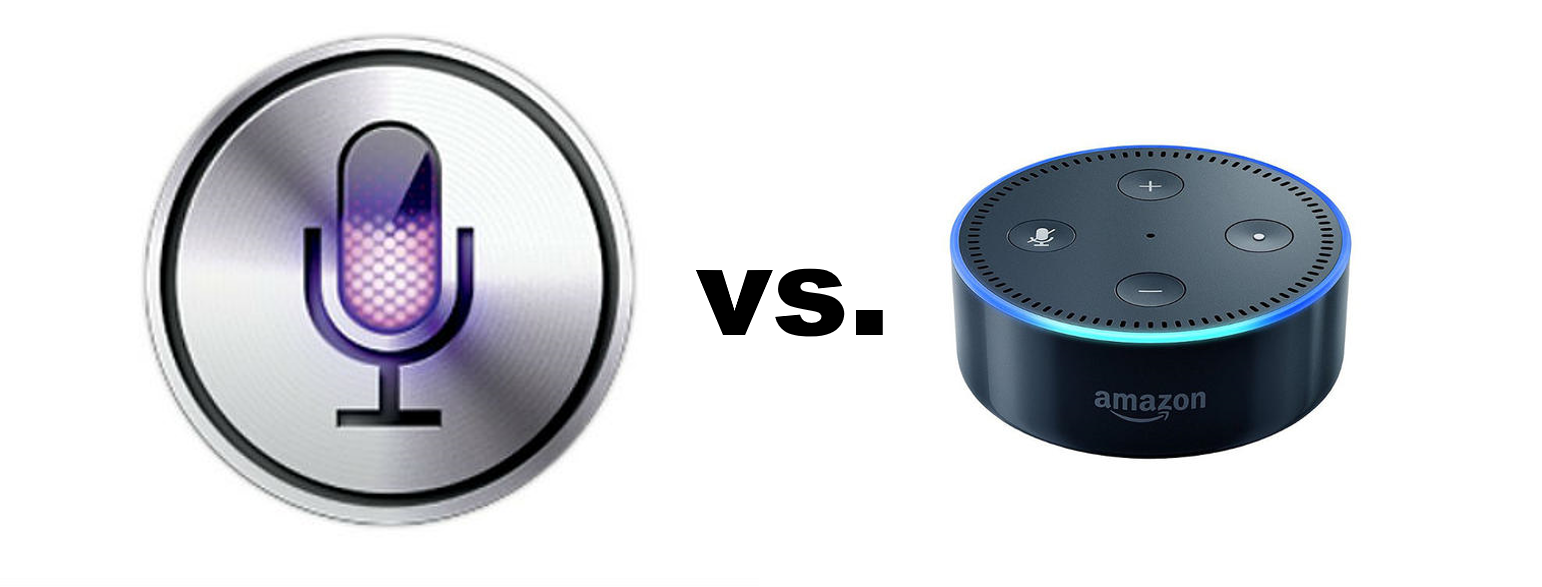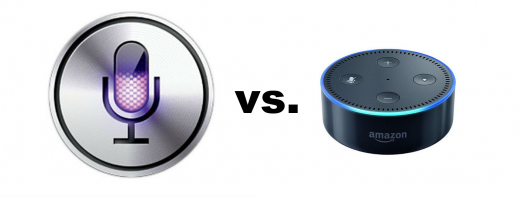Siri: Steadfast? Alexa: True-Blue? Consumers Want Trustworthy VAs
Siri: Steadfast? Alexa: True-Blue? Consumers Want Trustworthy VAs
by Ben Plomion , Op-Ed Contributor, August 4, 2017
If your favorite brand could talk, what would it say? A decade ago, this was the type of question you might only hear in an overpriced marketing workshop. But now, it’s something all companies are thinking about. Just ask Siri, Alexa, and Cortana, to name a few.

At last month’s OMMA Los Angeles, a panel of executives who know a thing or two about the relationship between technology and marketing sat down to discuss voice computing. From the very beginning, the main takeaway was clear: Trust has quickly become the most important word when it comes to customer service in voice computing.
Take Alexa, Amazon’s voice assistant, which not only gives a personal connection to one of the most dominant companies in the world, but also simplifies the shopping experience for users. “The second we trust that the answer we get is going to be the answer we would have arrived at, we’ll do it in a heartbeat,” said Tim Leake, SVP/chief marketing officer at RPA.
Today’s voice assistants have only been around for a few years (Siri’s first words came in 2011) but they’ve already had a huge impact on the ways people perceive brands. According to a recent study of 2,000 consumers by the artificial intelligence platform InsideSales, about 60% of respondents trust AI to handle certain tasks, with entertainment recommendations, automated production of goods, and automated sales processes being the top three answers.
For marketers, this type of insight could help shape the customer experience of the future.
“I think there’s a huge truth that sometimes you want to talk to somebody, [but] we don’t actually want it to be a real person. Sometimes that’s annoying, especially when you’ve got a phone farm and all they’re doing is reading a script anyway,” said John Creson, principal at DesignStudio. “There’s a huge opportunity in voice for that.”
As voice computing evolves, brands have plenty of room to innovate to make their bots more trustworthy, reliable, and helpful. There’s also a chance for experimentation. For instance, Kobie Fuller, partner at Upfront Ventures, believes brands may be taking too much of a straightforward approach at the moment. If a shopper goes to an app and gets a recommendation for a shirt she’s already going to buy, that’s not going to stand out.
“Don’t show me where to go,” he said. “It may make my life easier because it’s like a predictability around getting the right answer, but I’m more excited when you show me the answer I never would have gotten on my own.”
Once companies build that trust and create meaningful experiences that consumers aren’t expecting, then they can start introducing the kind of branded partnerships that have the potential to revolutionize the customer journey. Pam Scheideler, Deutsch’s chief digital officer and the moderator of the panel, brought up the hypothetical of a traveler using Southwest Airlines to check on the status of a flight as a message from Open Table identifies possible restaurants with reservations during your stay. In these scenarios, voice assistants give much-needed context to the consumer, and the partnerships highlight utility for each brand.
Yet in the immediate future, the focus has to be on developing the cleanest way to solve problems and answer important questions. In other words, brands have to consistently talk the talk.
“Does interacting with multiple brands become overwhelming and tiresome?” Creson asked. “Trust is still, at least in my opinion, going to be based upon the affinity that people have with brands based on a relevant, meaningful experience. Voice, I think, encourages playing a role in creating that trust based on the interaction.”
MediaPost.com: Search Marketing Daily
(29)













